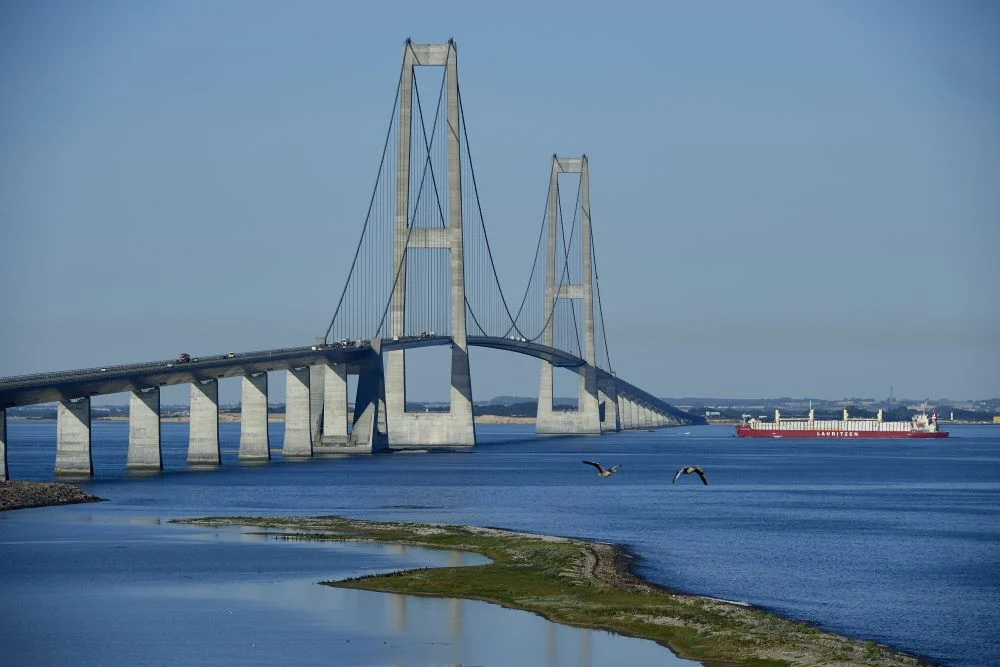J. Lauritzen, a Danish investment company focused on maritime industries, has signed a letter of intent (LoI) with Japanese shipbuilder Tsuneishi Shipbuilding for the construction of methanol dual-fuel bulk carriers.
 Courtesy of J. Lauritzen
Courtesy of J. Lauritzen
The LoI includes the construction of minimum two methanol dual-fuel 81,200 dwt Kamsarmax bulk carriers which will be capable of trading with zero-carbon emissions when powered by green methanol and bio diesel.
According to J. Lauritzen, the vessel will be among the very first zero-emission capable bulk carriers in the world.
They will be owned by a newly established entity named “Lauritzen NexGen Shipping” which J. Lauritzen and Lauritzen Bulkers will use as a platform for further investments in zero-carbon emission and future-proof assets for the shipping industry.
The vessels are ordered in partnership with Swiss freight trader Cargill, who will be operating the vessels for a minimum period of seven years.
The partnership is facilitated by Copenhagen Commercial Platform (CCP), which will also be involved in operating and further developing the partnership, J. Lauritzen informed.
“We are very happy with this transaction, as it is important for J. Lauritzen and Lauritzen Bulkers to participate actively in the decarbonisation of the shipping industry, and we are proud to be able to do so in a visionary partnership with Cargill, who are sharing our ambition to truly drive change in our industry”, said Kristian Morch, CEO of J. Lauritzen.
“It is great to see reputable companies like J. Lauritzen joining the decarbonisation journey with such a bold step”, added Jan Dieleman, Cargill’s president of Ocean Transportation.
Recently, Cargill also formed a similar partnership with Mitsu & Co. The parties ordered a methanol-fueled Kamsarmax duo from the same Japanese shipyard. Tsuneishi Shipbuilding will deliver the ships at the end of 2025 and in the first quarter of 2026 respectively.




